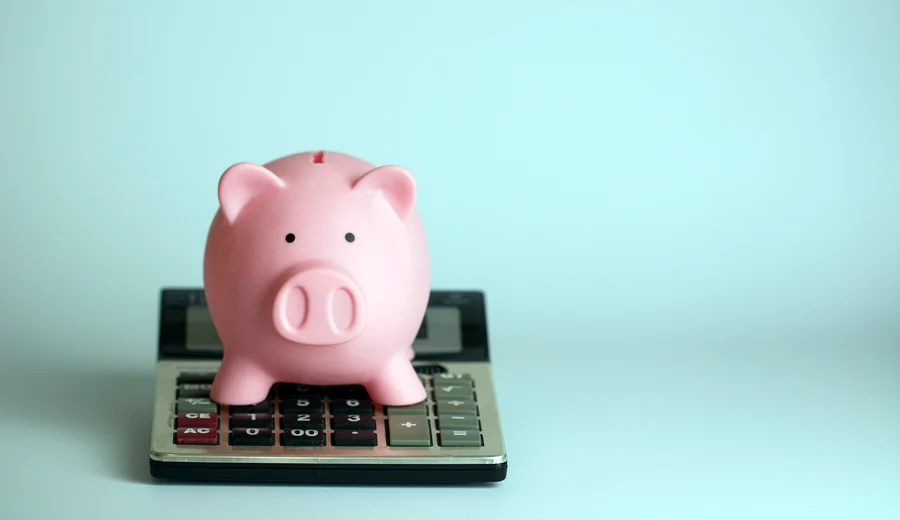How to plan a budget
Having a hard time controlling your money? Here is an easy guide to help you plan out your finances
Making a budget is probably the first milestone in your path for achieving financial goals.
A well planned monthly budget can help you keep a check in your expenditure and improve your savings. It shall also help you keep a track on your spending habits.
Making a budget is not an interesting task and can sometimes be a stressful one. It can be a scary ride for those who have just started the process of making a budget.
A budget planning requires honesty and dedication. You should note down your income from all the sources and your spending habits before making a budget.
Once you are ready with your tools, you can simply follow 6 basic rules to make an effective budget.
- Make a list of all the financial paperwork.
Ideally, you should make a list of all the financial statements like bank statements, investment accounts, credit bills, etc. You should organize the data on a spreadsheet rather than with pen and paper.
One of the most sustainable way to continue doing this is to create a monthly average. You can always use this average for upcoming months to make a budget easily.
- Add your income
If you have multiple sources of income, add all the sources (after deducting the taxes). If you are a freelancer and do not have a steady source of income, then you should consider the lowest earning month as your reference.
- Expenditure list
You should make a separate list of all the items you spend money on. The list should include the smallest of things like coffee, eating out, child care, travel, concerts, theatre, loans, and groceries. Each and every expenditure should be mentioned on the spreadsheet.
- Categorize your expenditure list
You should classify your expenditure into fixed and variable expenditure. Fixed expenditure refers to the money that needs to go into payment of EMIs, loans, rent, etc. without an exception. Variable expenses include groceries, entertainment, and eating out.
Now, you should start assigning a fixed amount for all the expenses. If you do not have an idea about the money you should assign to ‘variable expenses’ section then you should refer to past two to three months of expenditure. This can give you a rough idea about how you should proceed further.
- Total monthly income and expenditure
You should compare your income to your expenditure. If you are earning more than what you spend , then you can successfully save enough amount of money. On the other hand, if you spend more than what you earn then you should mend your expenditure list.
- Modify your expenditure list
You should decrease the amount spent on avoidable activities. You should trim your expenses such that you are able to save money even after spending money on essential items.
The process is not over yet. You need to follow the budget you have made religiously in order to make effective use of your money.
You can adopt the envelope system to control your expenses. The envelope system uses the simple phenomenon if dividing the cash and keeping them in separate envelopes. This method helps you restrict your spending capacity.
All in all, you should control your money and not the other way around. Circumstances may change, your priorities may shift, hence you should always keep yourself flexible while making a budget.
By:- Dr. Tuhina Mishra
Grant Government Medical College, Sir J.J. group of hospitals, Mumbai

